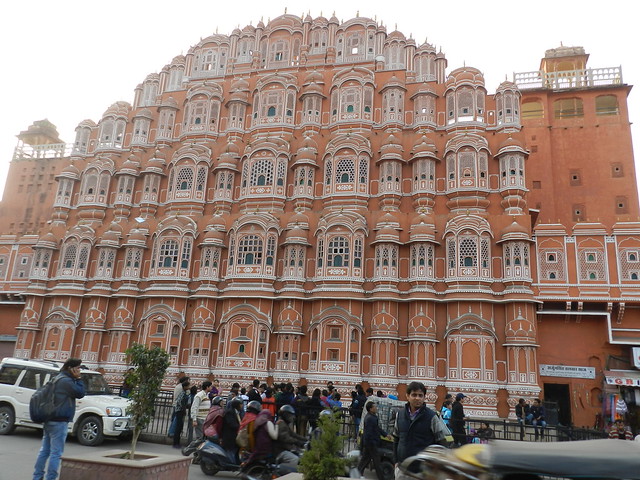By Shiva Thorat, TwoCircles.net
I was recently sent to Jaipur for an assignment. As someone who has largely ignored various app-based rental car services, I decided to instead take the local cab. It was a journey that proved to be, well, highly informative (for the lack of a better word).

The cab guy, who was around 40 years old, shot his first question: “Kya aap Madrasi Ho?” (Are you a Madrasi?). I replied, “No, I am a Maharashtrian.” But our cab guy wanted to know more. In his Rajasthani accent, he replied (and it sounded like an accusation), “But you look like Harijan Madrasi’. He deliberately put me in the position that I could not reply. Still, I said, ‘Gandhi Ji chale gaye, par Harijan Chodh gaye’ (Gandhi Ji died but left Harijan terminology).
Despite many cautionary voices, there has been a forced, created relationship between daily wage workers and the people who are the bottom most layer of our society. If you delve deeper into this relationship, it is visible that the logic of this relationship can be found easily in North India. Rajasthan especially is known for lot of atrocities against Dalits, child marriages and the tragedy of Delta Meghwal. So, I was aware of the kind of responses I will get. When the driver uttered ‘Harijan Madrasi’ he did not mean what he was saying because he has the idea of all black or brown coloured people. This is not the first time that my appearance has led to me being associated with being a Madrasi or from Andhra. This happened to me a lot in Bombay, my city, also. However, the ones who associate me with South India happen to be, on most occasions, North Indians, especially from Delhi or Bihar. In the same way, the taxi driver must have seen around him that all brown or dark-skinned people like me are Dalit. Maybe.
I tried to talk to him about the presumed history of old times, which referred to who are what based on our appearances. He simply ignored me saying, Chodho sir, kal ki baatein….vikas kar rahe hai hamare pradhanmantri ji. (Leave it sir, all this is old things. Our prime minister working really hard to make us cultured) as per his wish I left argument there.
We were passing Vishwa Hindu Parishad office, which was near an extremely posh area called Jamuna Lal Bajaj Marg and he again uttered, ‘because of these people only we are living a good life, otherwise, we might get killed’. I was not surprised but was wondering what his origins were. But before I could ask, he answered himself. While crossing the Ambedkar building the Railway station, he said,’ ham gujjaron ko toh arakshan milna hi chahiye’ (We Gujjar should get reservation)
I reached at the gate of the very expensive hotel, the name of which I will not reveal (because it does not matter). Two guards at the gate, seeing me, suggested rather arrogantly, “This is an expensive hotel which you cannot afford’. I asked, ‘How do you know?’ and the answer was classic Security Guard Lingo 101.
“We are working here for the past many years. We can figure out by clothes and appearance. I replied, “Hamare loksevak Pradhanmantri ji ne mera room book kiya hai, apko mehenga padega” (Our dear Prime minister booked my room here, you will be punished). But remember, I was talking to security guards: humour, and threats, do not bulge them. They refused to let me enter.
I called the hotel reception and informed them that I had arrived, and asked them to come take my luggage. I laughed at the security guards, because I could see how they had panicked. I gave them twenty rupees for chai and told them, ‘don’t worry, you have been ordered to ask these questions by the authorities’. Mind you, this was not an attempt at showing how much empathy and kindness I have within me. At that time, to be honest, I did not have anything to say to those people. Or maybe, at that given moment, it could have been a kind of class ego to show how rich I am.

